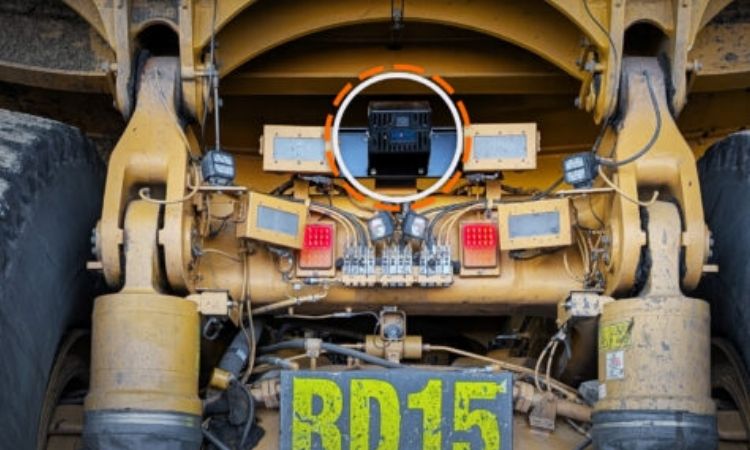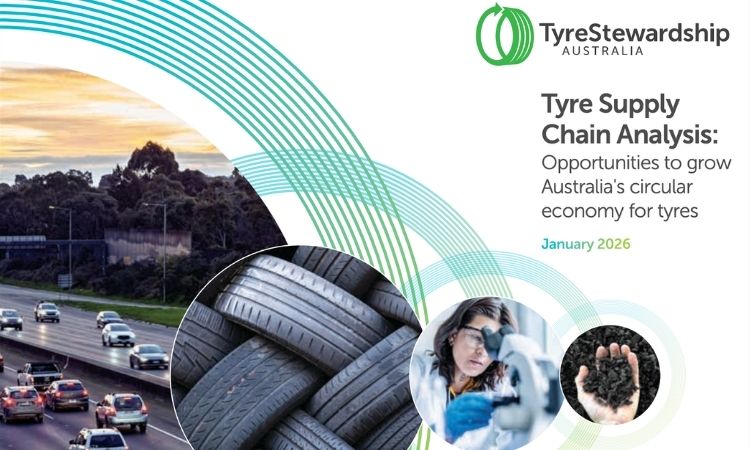Continental's roadmap to carbon neutrality and tire sustainability by 2050
On International Recycling Day, May 17, Continental reiterated its commitment to achieving full carbon neutrality by 2050 and becoming the leading tire company in sustainability.
Continental has long been reducing its reliance on fossil fuels, promoting the circular economy, and cutting emissions. Their Tires Vision 2030 sets ambitious targets: 60% sustainable materials in their products, 20% waste reduction, a 95% recycling rate, and a 20% decrease in energy and water consumption.
ContiLifeCycle: A Decade of Commitment
Since 2013, Continental's ContiLifeCycle plant in Hannover has combined tire retreading and rubber recycling, extending the life of around 900,000 truck and bus tires. This initiative traces back to 1903, when Continental first retreaded tires, laying the groundwork for today’s circular economy practices.
Innovative Technologies for Sustainability
Continental’s innovative technologies include ContiRe and ContiTread for retreading tires and ContiRe.Tex, which uses recycled PET bottles to produce high-quality polyester yarn for new tires. Their UltraContact NXT tire contains up to 65% renewable, recycled, and ISCC Plus certified materials, with 28% of these materials being ISCC PLUS certified, ensuring transparency and sustainability.
Continental's Lousado factory, producing the UltraContact NXT, earned ISCC PLUS certification in 2023, confirming its adherence to sustainability standards and traceability of raw materials.
Additionally, Continental develops sustainable tires for the all-electric Extreme E racing series, incorporating 43% recycled and renewable materials, including silica from rice husk ashes and ContiRe.Tex technology. These tires support the circular economy by reusing recovered carbon black in new production.
Continental continues to advance sustainable technologies and practices across its entire value chain, aiming for 100% carbon neutrality by 2050.
For more details, proceed to Continental's website.
Weibold is an international consulting company specializing exclusively in end-of-life tire recycling and pyrolysis. Since 1999, we have helped companies grow and build profitable businesses.









